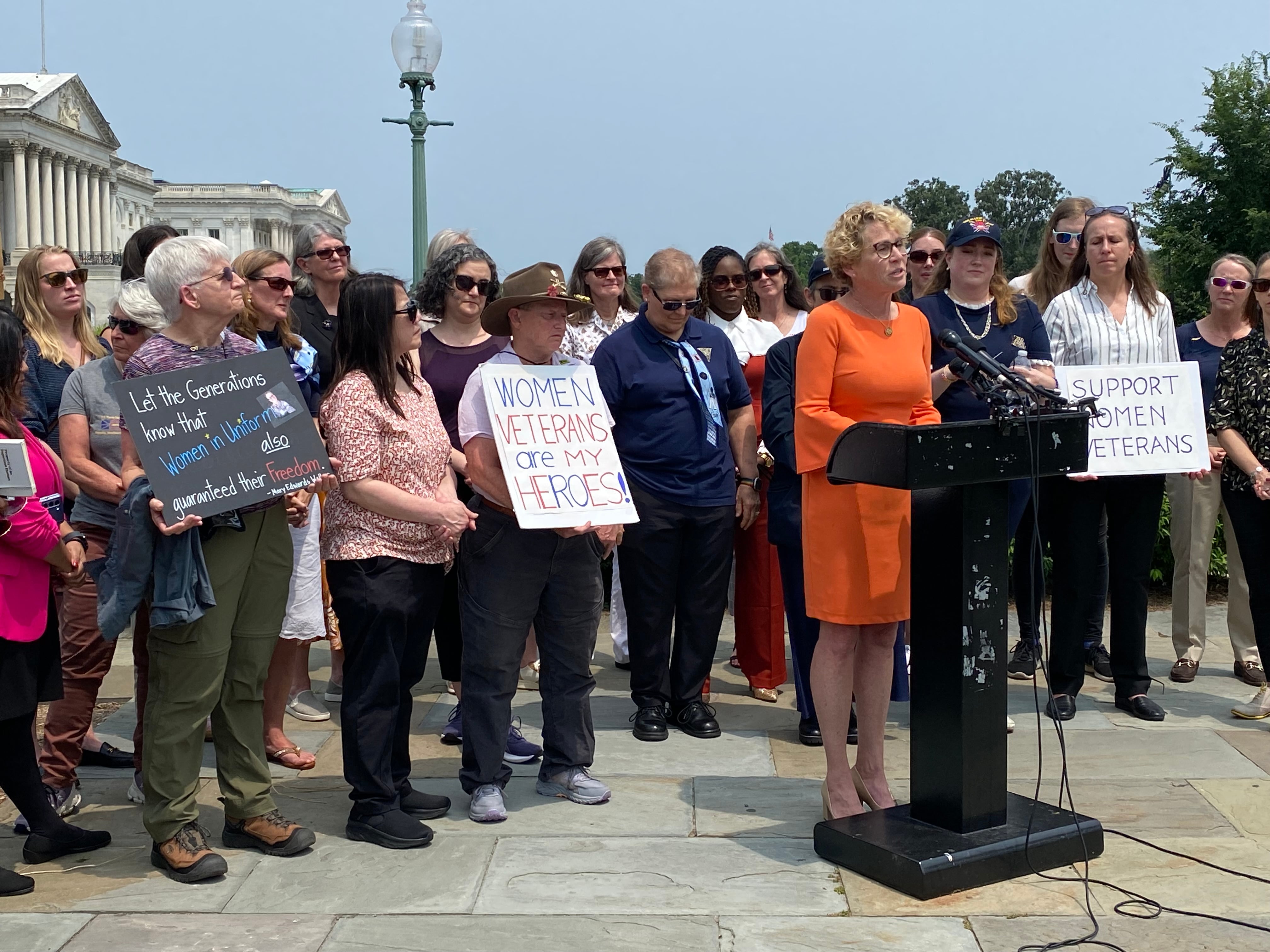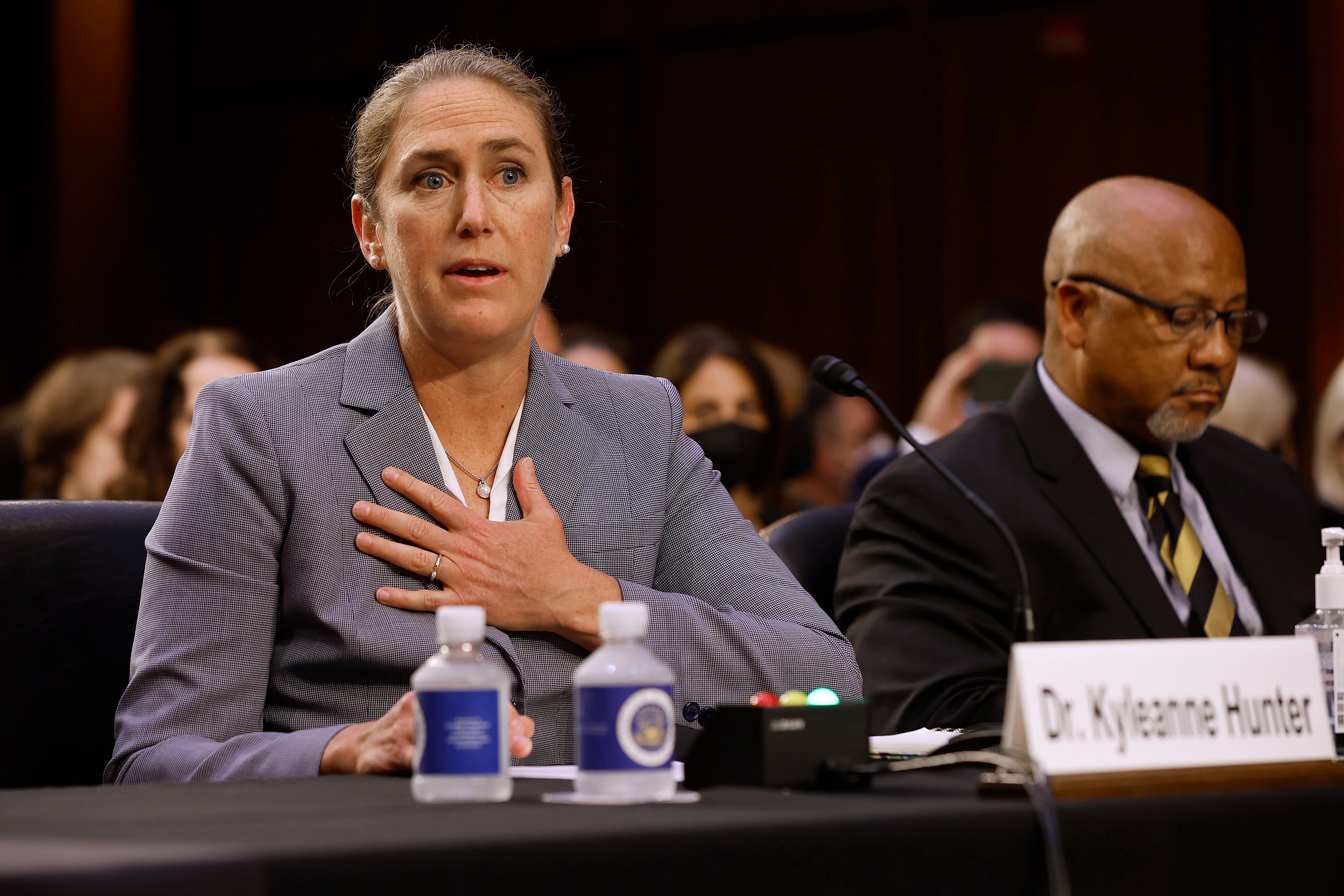WASHINGTON — A Maryland congressman is launching a local consortium on Tuesday to link small and large aerospace and defense firms and educational institutions in the Pentagon’s backyard — so the companies can solve common problems like workforce shortages.
The Pentagon has identified the aging workforce as a challenge to country’s defense industry, and it’s playing out in Rep. Anthony Brown’s district, which is near NASA Goddard Space Flight Center, a major space research laboratory, and Fort Meade, the home of U.S. Cyber Command.
“When I think about the workforce shortages, it’s not just the computer science engineer in high demand at Northrop’s Linthicum facility, it’s the welder down at Huntington Ingalls,” said Brown, D-Md., and a House Armed Services Committee member, told Defense News. “There has to be a public-private partnership.”
After months of meeting with representatives of the defense industry, local economic development corporations, local school systems and institutions of higher education, Brown is launching the Maryland Defense and Aerospace Consortium as a means of spurring academia and industry collaborate — and to burnish the National Capitol Region’s reputation as an A&D hub.
The panel, made up of representatives from the Defense Department, industry, career and technical education organizations, and local universities, is meant to start a conversation and ultimately solve national security problems.
The inaugural meeting of Maryland Defense and Aerospace Consortium, set for Tuesday on Capitol Hill, is due to host Army Undersecretary Ryan McCarthy.
RELATED

A former lieutenant governor, Harvard-educated lawyer and Army Reserve colonel, Brown won a seat representing Maryland’s 4th district in 2015 after an unsuccessful gubernatorial bid. On the committee, he’s known for punching up last year against then-HASC chairman Mac Thornberry’s plans to scrap civilian Pentagon agencies which happened to employ some of Brown’s constituents.
Brown’s new effort comes after the White House has worked to identify unhealthy areas in the industrial base or weak spots in the defense supply chain and repair them. A Trump administration study last year concluded that Chinese influence and budgetary uncertainty are eroding America’s defense industrial base at the lower levels, with some vital suppliers facing “domestic extinction.”
Last year, Brown introduced The National Security Workforce Act, which would add incentives for firms to include workforce development in their bids for defense programs.
Shy of legislation, another idea is for the consortium to hold data security workshops for small firms struggling to meet government requirements.
“Big firms say, hey, we have a pretty good handle on how to be resilient and how to defend breaches in our systems, but our bigger concern is small companies in our supply chain, because it’s expensive and cumbersome,” Brown said. “When I talk to small firms, they tell me the same.”
Aaron Mehta in Washington, D.C., contributed to this report.
Joe Gould was the senior Pentagon reporter for Defense News, covering the intersection of national security policy, politics and the defense industry. He had previously served as Congress reporter.





